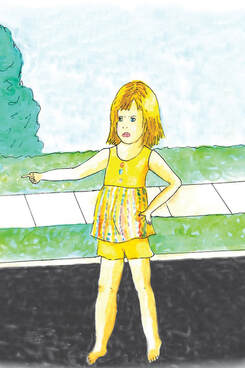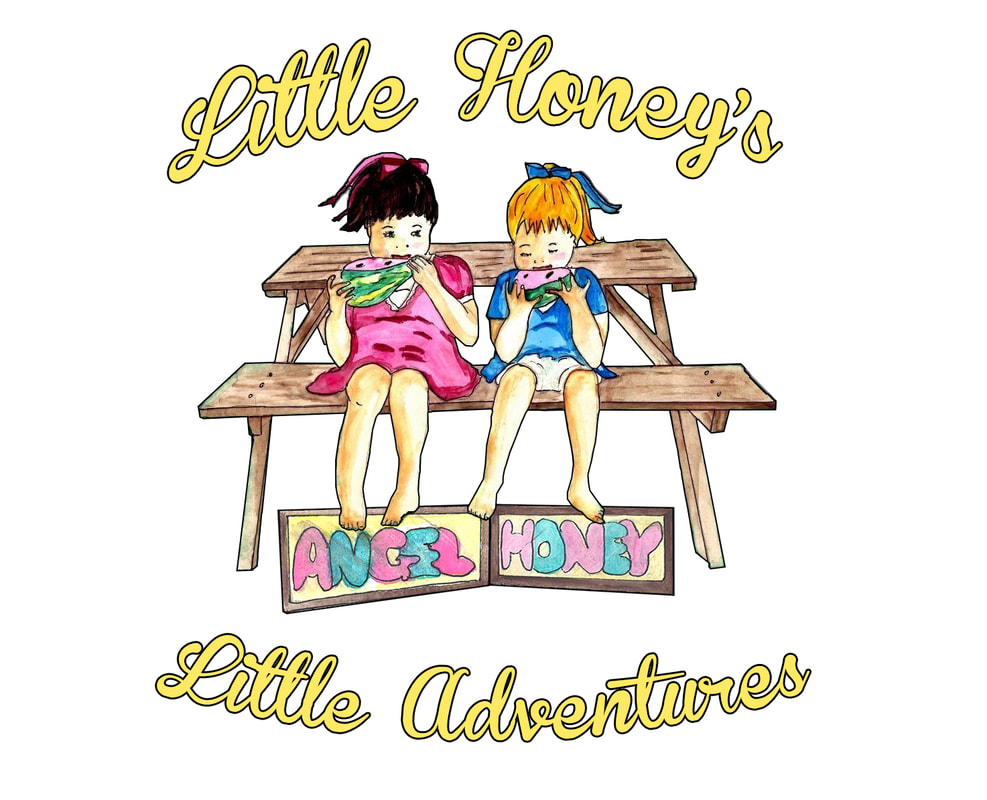|
In the Rock Story, Little Honey and Angel see some teenagers in the neighborhood throwing rocks at each other and that upsets Little Honey. This behavior is clearly wrong to her and she decides to take action despite being much younger and smaller than the children engaged in the activity. Little Honey ends up getting hurt when a rock inadvertently hits her in the forehead. But somehow her actions and her subsequent injury put an end to the offensive behavior. Should Little Honey have taken that risk? There is not really a clear answer. The type of behavior that she witnessed was potentially a battle for social domination among the older children in her neighborhood. Little Honey was not a part of that battle. But Little Honey had learned from her parents - our parents - the importance of standing up for what you believe in. Our father had been a civil rights activist in the 60s and our mother fought for Baltimore’s neighborhoods. A different response, one that is common, would be to just look away and ignore the problem. We may hope it will go away on it’s own or someone else will take care of it. However, we are beginning to realize that children’s voices can be a seed for change. At only 11, Malala Yousafzai began her campaign to improve educational opportunities for girls after the Taliban prohibited her education. As a result of speaking out against this, Malala became a target and was shot. But even that didn’t stop her from continuing to speak out and, perhaps in part due to her courage, the Taliban’s hard line position on limiting the education of girls has softened somewhat. After 9/11, Homeland Security adopted their “See Something Say Something” campaign to encourage the reporting of suspicious activity. This supports the concept of speaking out whenever you see something wrong. Research has found that, at least in the transportation industry, this policy appears to have been quite effective. Is this also effective when standing up to bullies and bullying behavior? Bullies are generally looking for power and may have a more authoritarian perspective on social hierarchy. But they also know that their behavior is unjust and morally questionable. And their bullying behavior may stem from a deep unanswered need inside of them. Having allies helps when calling out bullies and/or inappropriate behavior. Little Honey may have felt more secure knowing that her older sister was by her side. She was also familiar with the teenagers that she stood up to. There’s no way to know for sure what fueled the dangerous rock throwing behavior in the older children. There’s also no way to be sure as to why their behavior changed. Perhaps it was because Little Honey asserted herself or because she ended up getting inadvertently hurt. Regardless, in this setting Little Honey felt the need and determination to speak up about the bad behavior and she ultimately got what she wanted. Protecting our children and yet simultaneously encouraging them to stand up for what they believe in may not have to be at odds. It is our sincere hope that after reading our story, you will engage your children in honest and meaningful conversations as to when and how to respond to the bad behavior of others. There are now many children’s books out there to help guide parents and teachers that may be worth exploring. What advice do you give to your children about calling out inappropriate and/or bullying behavior?
0 Comments
|
Tara Ebersole
|

 RSS Feed
RSS Feed
